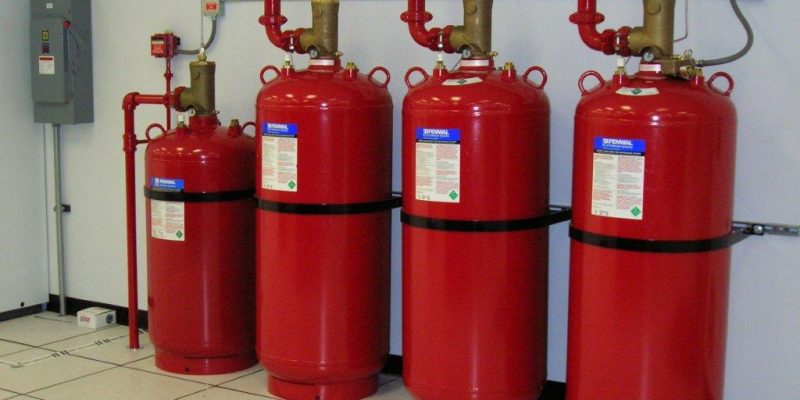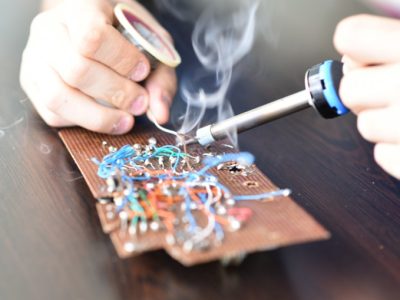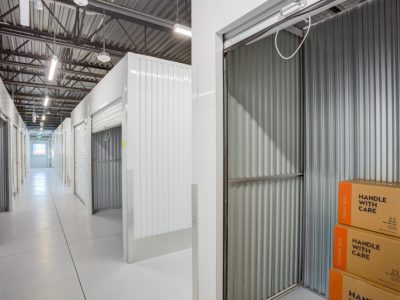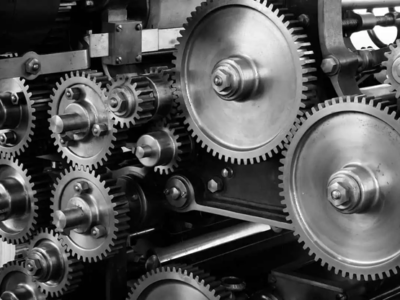If you work in a building that houses expensive equipment, hazardous materials, or important assets, then risk mitigation is likely a top priority. Despite building codes and the best efforts of architectural teams, accidents can still happen and fires have the potential to cause serious damage to your business. While all businesses are required to have fire suppression systems like sprinklers and fire extinguishers on hand, some businesses need to make provisions for special hazards. Read on to learn more about how these systems vary and whether or not you require a special hazard fire suppression system for your workplace.
What is a Fire Suppression System?
Fire suppression systems exist as a way to ensure that fires are able to be contained and people are able to get outside quickly in the case of an emergency. More specifically, special hazard fire suppression systems are used to put out fires in places where water damage from sprinklers could cause expensive, irreparable damages. This includes computer systems as well as hazardous materials. To contain fires in these locations, business owners need to install a system that uses special agents to quickly extinguish a fire and alert occupants without the use of water.
Who Needs a Special Hazard System?
There are a variety of businesses that would benefit from a special hazard fire suppression system. Some examples include autobody shops, aircraft hangars, libraries, archives, art galleries, data rooms, and chemical storage facilities. These types of buildings must rely on foam, dry chemical agents, or clean agents to quickly extinguish fires and protect valuable assets. Standard sprinklers could cause expensive damage to electrical systems or create more danger by mixing with hazardous chemicals.
System Elements
Commercial property fire protection systems are engineered with a specific set of components that work to detect fires, notify occupants of the fire, and put out the fire. These systems usually comprise of discharge nozzles, piping, a control panel, warning alarms, hazard signs, automatic fire detection devices, manual discharge stations, storage containers, and the extinguishing agent. When designed and installed to meet the needs and special hazards of your facility, these systems will be an effective first line of defense against fire damage.
Fire Suppression System Maintenance
To ensure the continued functionality of your fire protection products, you should schedule routine maintenance services from an experienced professional. Based on the industry you work in and the specific requirements of your building, a trained professional can test the fire detection equipment, make sure the alarms will sound accordingly, and check the extinguishing agent to identify any out of date or malfunctioning elements. Additionally, make sure all personnel are trained in fire evacuation protocols by conducting fire drills every few months.
Special hazard fire suppression systems might not be necessary for every building, but for some businesses, they can offer superior protection to staff and valuable assets. To learn more about preventing and mitigating fire hazards, contact our team at APFE Corp today.23








Comments